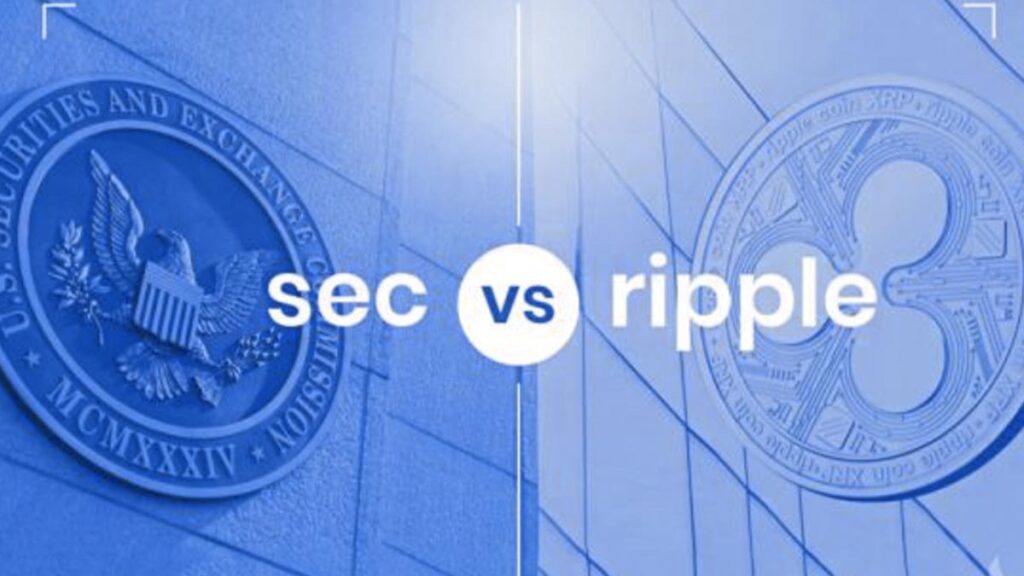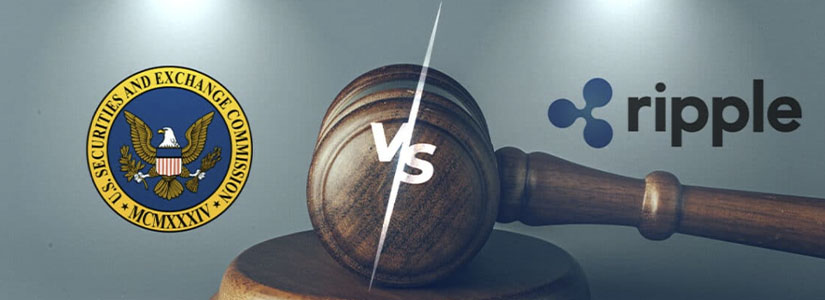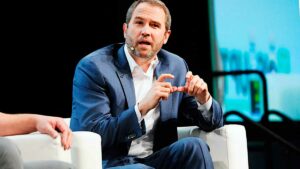The crypto industry is once again at the epicenter of controversy, this time due to the public confrontation between Brad Garlinghouse, CEO of Ripple, and Gary Gensler, chairman of the United States Securities Commission (SEC).
Through the X platform, Brad Garlinghouse, CEO of Ripple, echoed his discontent by sending a tweet that shook the world of cryptocurrencies.
Stunning hypocrisy from the person who cozied up to the biggest fraud in recent memory.
Gensler is a political liability whose actions have decimated consumers and destroyed the integrity of the SEC, while remaining buddy-buddy with Wall Street. https://t.co/hAgjJ9IsGR https://t.co/D3pz4Dq3yy
— Brad Garlinghouse (@bgarlinghouse) December 21, 2023
In this post, Garlinghouse did not hesitate to openly criticize Gary Gensler, the chairman of the United States Securities Commission (SEC), directly accusing him of hypocrisy in relation to the regulation of cryptocurrencies.
The message, shared on the platform X known as (formerly Twitter), strongly emphasized the discrepancy between Gensler’s actions and comments and what Garlinghouse perceives as a history of association with what he described as “the biggest fraud in recent memory.”
This bold and incendiary statement has reignited the already tense relationship between Ripple and the SEC
This inflammatory accusation has been the focal point of a confrontation that has intensified existing tensions between Ripple and the SEC.
Gensler, for his part, has focused his tenure at the SEC toward the need for greater regulatory compliance in the cryptocurrency space.
Accompanying Garlinghouse’s criticism, Stuart Alderoty, Ripple’s Chief Legal Officer, has also raised concerns about the way the SEC carries out its regulation.
Alderoty has cited examples of inconsistent regulatory decisions by the SEC, reinforcing the need for greater regulatory consistency and transparency.
This public showdown between crypto industry leaders and the SEC underscores the division and ongoing debate over cryptocurrency regulation in the United States.
Garlinghouse’s allegations and concerns raised by Alderoty reflect the perception that the SEC’s actions could be limiting innovation and creating excessive regulatory burdens.











